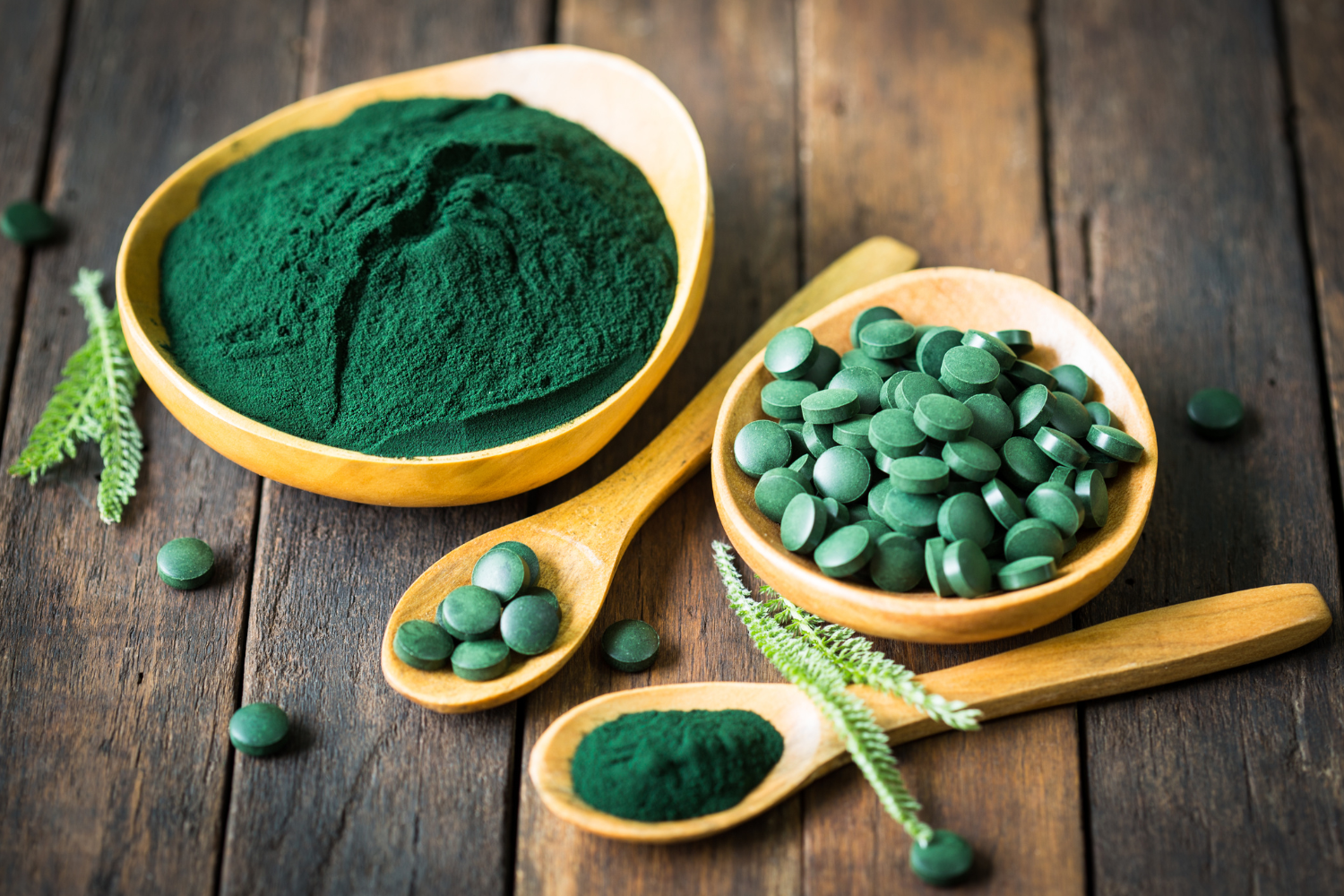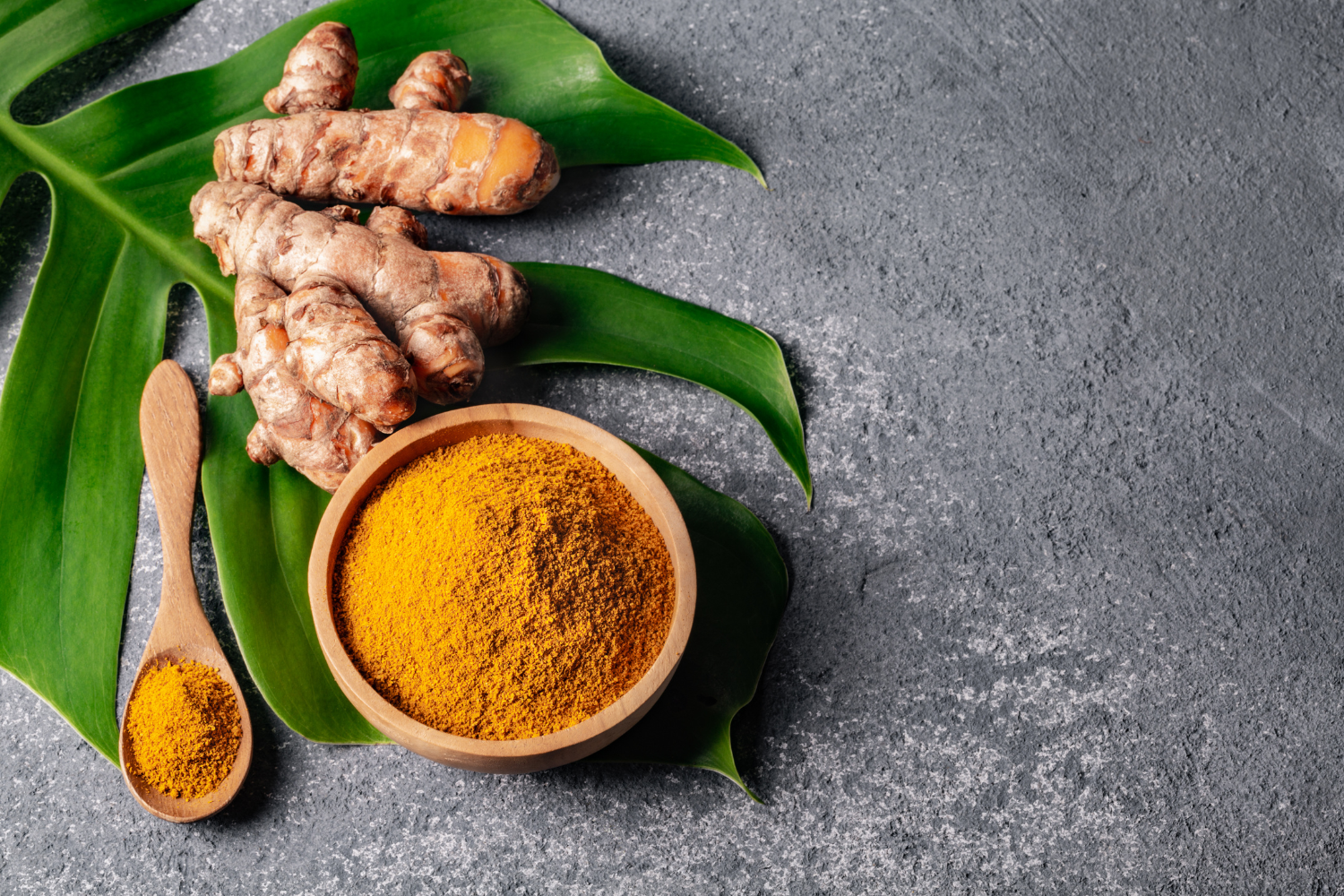The demand for vegan-friendly supplements is surging as ethical, environmental, and health-conscious consumers seek products that align with their values. These supplements cater to various dietary restrictions, supporting individuals following a vegan diet, vegetarian lifestyle, or plant-based diet while promoting overall wellness.
Businesses creating high-quality, vegan products can tap into this growing market, offering plant-based options that meet consumer needs, avoid animal products, and build trust with a focus on health and sustainability.
Developing vegan versions of popular supplements allows brands to stand out and appeal to a broader audience, including meat eaters exploring vegan choices and those with specific dietary preferences.

Table of Contents
ToggleUnderstanding Vegan-Friendly Supplements
Vegan-friendly supplements are formulated without animal-derived ingredients, making them suitable for vegans, vegetarians, and anyone seeking plant-based options. These products exclude common animal products like gelatin, milk, honey, and eggs, aligning with the values of the vegan lifestyle and promoting veganism.
These supplements may support individuals in meeting their nutritional needs, particularly for nutrients like vitamin B12, iron, and omega-3 fatty acids, often found in lower amounts in plant-based diets. These supplements provide nutrients typically found in animal products and may support overall health for those following plant-based diets.

Common Use Cases
Vegan-friendly supplements are essential for maintaining a balanced diet and addressing specific nutritional needs. Here are some regular use cases:
- Supporting overall wellness for individuals following vegan or plant-based diets.
- Addressing nutrient deficiencies in protein, calcium, omega-3s, and other vital nutrients.
- Enhancing energy, immunity, and mental clarity for vegans, vegetarians, and meat eaters transitioning to a plant-based diet.
Common Types of Vegan-Friendly Supplements
Vegan supplements come in various formats, offering versatility for different consumer preferences.
- Capsules/Tablets: Made with plant-based or cellulose materials instead of gelatin, suitable for vegan and vegetarian choices.
- Powders: Ideal for mixing into drinks, smoothies, or recipes, often featuring plant-based proteins, whole grains, or greens blends.
- Gummies: Formulated with pectin instead of gelatin, these chewy options are perfect for vitamins like B12 or omega-3s.
- Liquid Supplements: Concentrated solutions for easy absorption, providing essential nutrients like iron or vegan-friendly vitamin D3.

Benefits of Offering Vegan-Friendly Supplements
Offering vegan-friendly supplements benefits brands by meeting growing consumer demand and fostering loyalty through ethical, sustainable, and inclusive product lines.
Meeting Consumer Demand for Ethical Products
The rising popularity of plant-based diets reflects a growing awareness of ethical and environmental concerns. Tens of thousands of people adopt veganism each year, driven by values like protecting animals, reducing carbon footprints, and promoting a sustainable vegan lifestyle.
Vegan-friendly supplements align perfectly with these values, offering cruelty-free and eco-conscious options. Consumers appreciate products that exclude animal products and embrace plant-based ingredients, reinforcing trust in brands committed to ethical solutions.
Expanding Product Lines for Inclusivity
Vegan supplements are versatile additions to existing product categories like gut health, energy boosters, and sports nutrition. For example, vegan protein powders and superfood blends pair seamlessly with supplements, promoting energy or muscle recovery.
Bundling vegan options with other plant-based products creates opportunities for businesses to appeal to customers seeking complete, plant-based nutrition solutions. This inclusivity helps brands connect with a broader audience, from strict vegans to meat eaters exploring healthier choices.
Building Brand Credibility with Plant-Based Formulas
Consumers are increasingly drawn to clean-label products with non-GMO and certified vegan formulations. These labels signal transparency and show a commitment to high-quality ingredients that meet the needs of health-conscious buyers.
Certifications like Certified Vegan, USDA Organic, and allergen-free further establish consumer trust, ensuring vegan supplements meet rigorous standards. Highlighting these credentials can help brands stand out in the competitive health and wellness market.

Key Ingredients in Vegan-Friendly Supplements
The effectiveness of vegan-friendly supplements lies in their use of nutrient-dense, plant-based ingredients. Key ingredients like protein sources, vitamins, and superfoods ensure these products deliver maximum health benefits.
Protein and Muscle Support
Pea protein is a highly digestible plant-based protein that offers many essential amino acids and supports muscle recovery when combined with complementary protein sources. It is highly digestible and ideal for vegan diets.
Brown rice protein complements pea protein by providing additional amino acids and creating a balanced profile. This combination supports muscle health and blends well in powders and smoothies.
Omega-3 Fatty Acids
Algal oil is a plant-based source of DHA and EPA, omega-3 fatty acids that play a role in supporting brain, heart, and eye health. Unlike fish oil, algal oil is sustainable and suitable for vegan and vegetarian lifestyles, making it a popular choice in vegan supplements.
Essential Vitamins and Minerals
Vegan-friendly supplements address common deficiencies with high-quality, plant-based ingredients:
- Vitamin B12 (Methylcobalamin): Crucial for energy and nerve health, often lacking in vegan diets.
- Iron (Ferrous Bisglycinate): A bioavailable option for supporting red blood cell production.
- Calcium (Algae-Based): A sustainable alternative for bone health without relying on animal-derived sources.
Digestive and Gut Health Support
Plant-based probiotics may support gut health and assist in nutrient absorption. These strains are sourced without cross-contamination from animal products, ensuring vegan suitability.
Prebiotics like inulin, derived from chicory root, nourish gut bacteria and promote healthy digestion. Including prebiotic fiber enhances the efficacy of probiotics for overall gut health.
Antioxidants and Superfoods
Spirulina and chlorella are algae-based superfoods packed with nutrients and antioxidants that support energy, detoxification, and overall wellness.
Turmeric, specifically its active compound curcumin, is valued for its potential antioxidant and anti-inflammatory properties, which may contribute to overall wellness. Adding turmeric to supplements enhances their health benefits and appeals to wellness-focused consumers.

Steps for Nutrition Brands to Develop Vegan-Friendly Supplements
Creating vegan-friendly supplements involves understanding consumer needs, sourcing quality ingredients, and delivering products aligned with plant-based values. Here are the key steps for success:
Conduct Market Research to Identify Consumer Needs
Understanding the target audience is crucial. Key demographics include vegans, vegetarians, flexitarians, and meat eaters exploring plant-based options. To tailor your products, identify their needs, preferences, and pain points.
Research trends in vegan products, such as clean-label vitamins, plant-based omega-3s, and protein blends featuring whole grains, nuts, or legumes. Analyzing these trends ensures your supplements address current demands.
Source High-Quality, Plant-Based Ingredients
Partner with suppliers specializing in sustainably sourced, vegan-certified ingredients like algal oil, pea protein, and inulin. Look for partnerships that emphasize eco-friendly practices and raise awareness about plant-based options.
Ensure all ingredients meet regulatory standards and undergo third-party testing for purity and efficacy. Using high-quality, verified components builds trust with consumers and supports brand credibility.
Formulate for Comprehensive Nutritional Support
Design formulations that address common nutrient gaps in vegan diets. Combining vitamin B12 with iron supports energy and red blood cell production, while omega-3s from algal oil enhance brain and heart health.
Develop targeted products for energy, immunity, or digestive support. For example, include probiotics for gut health or antioxidants like turmeric and spirulina to boost overall wellness.
Design Packaging and Labels for Plant-Based Appeal
Labels should emphasize benefits such as “Certified Vegan,” “Non-GMO,” or “100% Plant-Based.” This highlights your product’s alignment with consumer values and vegan society standards.
Use natural, earthy designs with images of vegetables, fruits, or whole grains to resonate with eco-conscious buyers. Clear and transparent packaging creates a sense of trust and professionalism.
Launch and Market Strategically
Educate consumers through engaging content like blogs, videos, or social media posts explaining the benefits of vegan supplements. Use these platforms to raise awareness about nutrient gaps and how your products fill them.
Encourage first-time purchases with free samples or introductory bundles. This approach helps consumers experience the health benefits firsthand and builds brand loyalty.

Marketing Strategies for Vegan-Friendly Supplements
Effective marketing focuses on educating consumers, collaborating with influencers, and providing value-driven offers.
Educate Consumers About Plant-Based Nutrition
Consumers value information on how vegan-friendly supplements support wellness and address deficiencies in vegan and plant-based diets. Share blogs, infographics, and videos that explain key ingredients like algal oil, pea protein, or spirulina.
Highlight how your supplements can complement a balanced diet and support general wellness. Clear, educational content builds trust and encourages informed purchasing decisions.
Partner with Vegan Influencers and Experts
Collaborating with vegan influencers, nutritionists, or fitness coaches expands your reach. These experts bring credibility and can showcase your products to tens of thousands of followers.
Use testimonials and success stories to demonstrate the real-life benefits of your supplements. Sharing relatable experiences connects with consumers on a personal level and builds trust.
Offer Value with Bundles and Subscriptions
Create value-packed bundles that pair vegan supplements with complementary products like plant-based protein powders or superfood greens. These bundles make it easier for consumers to adopt a comprehensive wellness routine.
Provide subscription discounts to promote long-term use. Monthly plans simplify access to products like omega-3 capsules, probiotics, or turmeric supplements, encouraging customer retention and brand loyalty.

Meeting the Demand for Vegan-Friendly Supplements
The growing demand for vegan-friendly supplements reflects a shift toward plant-based lifestyles and ethical consumer choices. Nutrition brands can succeed by prioritizing clean, sustainable, and high-quality formulations that meet the needs of health-conscious vegan consumers.
Transparency, certifications like Certified Vegan or USDA Organic, and plant-based innovation are key to building trust and loyalty. By creating supplements that align with consumer values, brands can stand out in a competitive market and drive long-term success.
Frequently Asked Questions
What certifications should vegan-friendly supplements have?
Certified Vegan, USDA Organic, non-GMO, and allergen-free certifications are ideal.
How long does it take to develop vegan-friendly supplements?
Typically 6–12 months, including formulation, testing, and regulatory approval.
What are the most popular ingredients in vegan supplements?
Pea protein, algal oil, vitamin B12, and spirulina are top choices.
Are vegan supplements safe for daily use?
Most are safe when used as directed, but formulations should adhere to recommended dosages.
Can vegan supplements be combined with other products?
Yes, they pair well with plant-based protein powders, superfood blends, or digestive health products for comprehensive wellness solutions.
References
- Food and Agriculture Organization of the United Nations. (2013). Tackling Climate Change through Livestock. https://www.fao.org/4/i3437e/i3437e.pdf
- Dietary Guidelines for Americans. (2020). Dietary Guidelines for Americans, 2020-2025. https://www.dietaryguidelines.gov/sites/default/files/2021-03/Dietary_Guidelines_for_Americans-2020-2025.pdf
- Markowiak, P., & Śliżewska, K. (2017). Effects of Probiotics, Prebiotics, and Synbiotics on Human Health. Nutrients, 9(9), 1021. https://doi.org/10.3390/nu9091021
- Melina, V., Craig, W., & Levin, S. (2016). Position of the Academy of Nutrition and Dietetics: Vegetarian Diets. Journal of the Academy of Nutrition and Dietetics, 116(12), 1970–1980. https://doi.org/10.1016/j.jand.2016.09.025
- National Institutes of Health, Office of Dietary Supplements. (n.d.). Vitamin and Mineral Supplement Fact Sheets. https://ods.od.nih.gov/factsheets/list-VitaminsMinerals/
- U.S. Food and Drug Administration. (2019). FDA Announces New Qualified Health Claims for EPA and DHA Omega-3 Consumption and the Risk of Hypertension and Coronary Heart Disease. https://www.fda.gov/food/hfp-constituent-updates/fda-announces-new-qualified-health-claims-epa-and-dha-omega-3-consumption-and-risk-hypertension-and




